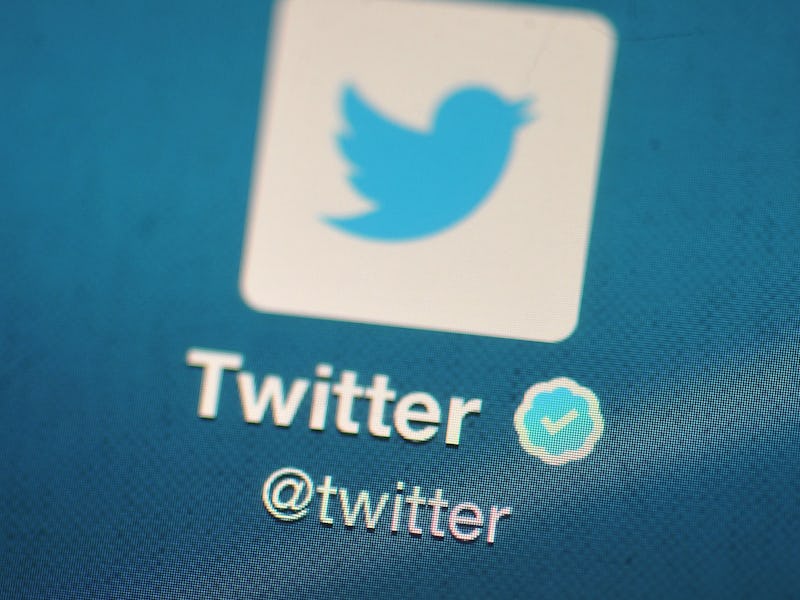Twitter Pauses Verifying Accounts After Alt Right Controversy
The platform admitted they have a blue check mark problem.

Twitter has temporarily halted their verification program following controversy over Jason Kessler, the organizer behind the Charlottesville “Unite the Right” protest.
The social platform announced it has “paused” its open-to-the-public verification process until a new system in put in place. In other words, it won’t be handing out blue check marks anytime soon.
“Verification was meant to authenticate identity & voice but it is interpreted as an endorsement or an indicator of importance. We recognize that we have created this confusion and need to resolve it. We have paused all general verifications while we work and will report back soon,” the company announced on Thursday.
The scrutiny even got Twitter co-founder and CEO Jack Dorsey to admit the verification process has long been broken: “We should’ve communicated faster on this (yesterday): our agents have been following our verification policy correctly, but we realized some time ago the system is broken and needs to be reconsidered. And we failed by not doing anything about it. Working now to fix faster.”
The seemingly random verification process has been scrutinized over the years. Twitter explained that verifying certain accounts was intended to eliminate confusion as to a subject’s identity — to reduce the number of imposters, for instance — and tweets from a verified account could be trusted. intended to eliminate confusion as to a subject’s identity — to reduce the number of imposters, for instance — and tweets from a verified account could be trusted.
Also, problematically, tweets from a verified account receive a significant signal boost in search results and trending topics, and if a white supremacist is verified, their hate-speech tweets automatically get a higher profile than those from unverified accounts.
Some users aren’t buying Twitter’s claim that verification is merely an identity authenticator for public figures, pointing out how culturally important the blue check mark has become.
Twitter’s about page for verification states that the company chooses to verify accounts that are “of public interest,” but that “a verified badge does not imply an endorsement by Twitter.”
“The blue verified badge on Twitter lets people know that an account of public interest is authentic,” it goes on to say. According to Dorsey’s tweet, this system’s flaws are why controversial figures often end up verified.
It’s unclear what Twitter exact plans are for fixing the problem, but it seems the pressure to overhaul the verification cherry-picking procedure has finally been felt by the platform.